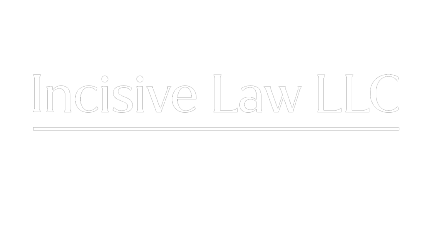It’s as gloomy as the weather in Singapore in December.
What happens when one shuffles off this mortal coil? While one can’t escape the inevitable, one can choose the manner in which one’s material legacy is distributed. An oft-skirted topic, though understandably so, many do not think it necessary to spend time considering the manner in which they pass on their assets.
Even if you have only lived in one country (or territory) your entire life, things may not be straightforward. Depending on your family composition (which unfortunately excludes your golden retriever or guinea pig), your assets may be distributed in ways and proportions which you may not desire, and to people whom you may not have considered.
Everything is further complicated when one has lived here, there and everywhere; or has assets located here, there and everywhere.
Almost cruelly, upon one’s death, if one dies interstate (i.e. without having a will) one’s family must face stress and headache (and possibly, significant legal costs) to be advised on default distribution mechanisms that may not be desirable. Broadly speaking, the general principle is that the law of the country in which the deceased was domiciled (i.e. lived, as opposed to a transient stay) at the time of his or her death governs the distribution of and the succession to at least some of his or her assets. While all this sounds easily determinable, the fluid movement of people’s habitual residence across borders these days means it will not necessarily be straightforward to determine an individual’s domicile, and hence, which set of legal rules should be applicable to the distribution of his or her assets on death. Each individual’s case is different and the determination of the person’s domicile can be a complex question.
To make matters worse, immovable property – real estate, whether in the form of “landed” property or apartments – does not fall under this broad general principle set out above. Typically, succession to the immovable property of one who dies intestate is governed by the law of the country or territory where the immovable property is located. This further complicates the distribution and there will be corresponding dollars (or pounds or euros) to be incurred by one’s estate if one passes without having drawn up a will.
Yet, even if one does draw up a will, there may be concerns.
The will may be challenged as to whether it was properly executed. In Singapore, this depends on whether execution conforms to the laws of the territory where (a) the will was executed; (b) the testator was domiciled; (c) the testator habitually resided; or (d) the testator was a national. For (b) to (d), the time of reference is when (i) the will was executed; or (ii) the time of the testator’s death. And this is only the tip of the iceberg.
In addition, if one disposes, in a Singapore will, of one’s immovable property located overseas, one must ensure that that will conforms with the laws of the jurisdiction in which the foreign immovable property is located.
Unfortunately, there is a vast number of permutations of circumstances in which one can own assets in various jurisdictions, and there is no one-size-fits-all solution.
On top of all this, with regard to one’s worldwide assets, a key question is whether one should draw up multiple wills covering each jurisdiction or “one will to rule them all”. A single will runs the risk of not being recognised as valid (or requiring significant time and effort to be “proved” in the jurisdiction(s) concerned. Additionally, ) as some jurisdictions have a distinct set of rules governing succession to property, such as “forced heirship”, where distribution of certain assets is dictated irrespective of the existence of a will. Also, while having multiple wills runs the risk of internal contradiction unless there is careful coordination.
Good planning allows one to avoid unnecessary expenses, and, maybe, reduces the impact of inheritance tax, and other death duties (not an issue, if you are domiciled in Singapore). This not only allows one to retain the robustness of one’s assets, but also saves one’s family from stress and heartache.
If you have assets here, there and everywhere, remember, where there is a will…



